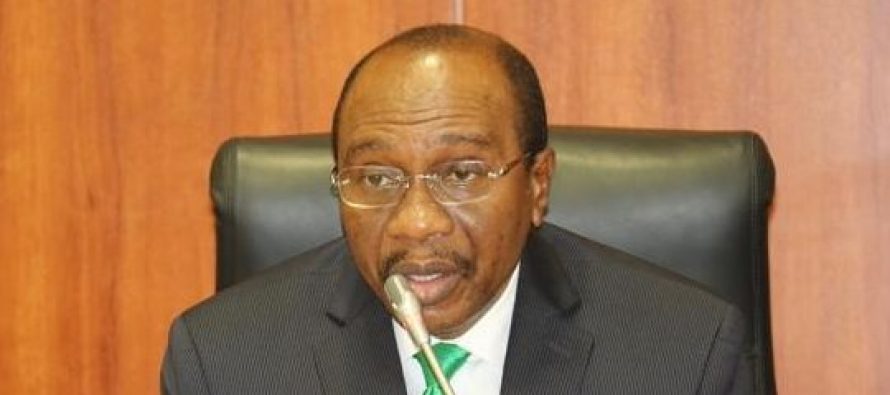Nigeria is to establish the Nigerian International Financial Centre (NIFC) modelled after New York, London and Singapore financial powerhouses, as a round-the-clock financial centre.
This financial house, to be established and driven by the Central Bank of Nigeria (CBN), will come on stream in the next 12 months.
The CBN Governor, Mr. Godwin Emefiele, made the disclosure on Tuesday at the 14th Annual Banking and Finance Conference held in Abuja.
The theme of the conference is ‘Economic Recovery, Inclusion and Transformation: The Role of Banking and Finance’.
Emefiele said: “The Central Bank will, in the next 12 months, establish the Nigerian International Financial Centre (NIFC). The NIFC will act as an international gateway for capital and investments, driven by technology and payment system infrastructure.
“This new financial hub will curate local and international banks to make them global champions. The NIFC will be a 24/7 financial centre that will complement London, New York and Singapore financial centres and enable an acceleration of our home-grown initiatives such as Infracorp Plc, the N15 trillion infrastructure fund which we will be launching in October 2021,” he examined.
He said “the NIFC will also complement our initiatives on the Nigerian Commodity Exchange and the National Theatre creative hubs for our youths as well as the E-naira project which will also debut in October 2021.”
Emefiele stated further that “the NIFC will take advantage of our existing laws such as the BOFIA 2020, NEPZA and other CBN regulations to create a fully global investment and a financial hub where monies, ideas and technology will move freely without hindrance.”
The CBN governor assured that the country’s “robust payment system has continued to evolve towards meeting the needs of households and businesses in Nigeria.
“Reflective of the confidence in our payment system, between 2015 and 2020, close to $500m worth of funds have been invested in firms run by Nigerian founders,” adding that the CBN is working to deepen Financial inclusion,” the governor said.
“Notwithstanding these gains, close to 36 per cent of adult Nigerians do not have access to financial services. Improving access to finance for individuals and businesses through digital channels can help to improve financial inclusion, lower the cost of transactions and increase the flow of credit to businesses.
“It is in this vein that the Central Bank of Nigeria is working to deploy a central bank digital currency, which would help in attaining our goals of fostering greater inclusion using digital channels, supporting cross-border payments for businesses and firms as well as providing a reliable channel for remittances inflows into the country.”

 Join Daily Trust WhatsApp Community For Quick Access To News and Happenings Around You.
Join Daily Trust WhatsApp Community For Quick Access To News and Happenings Around You.

